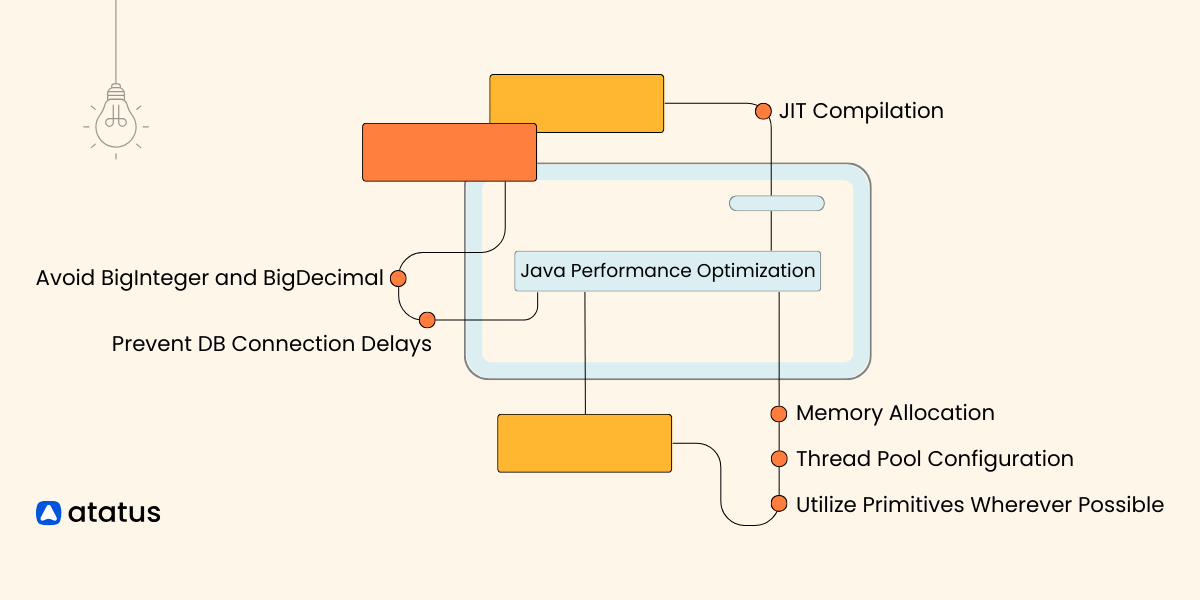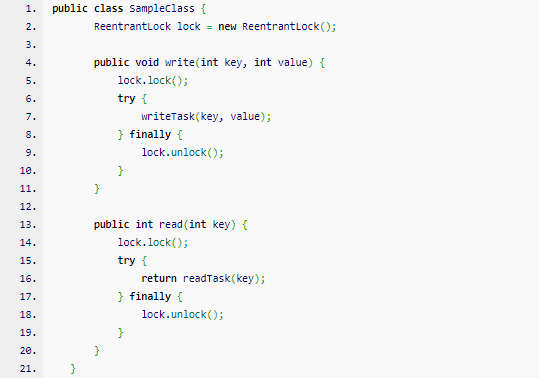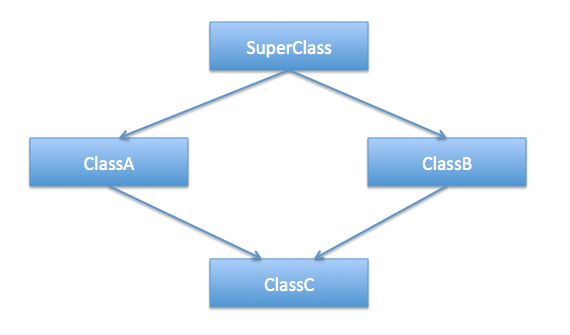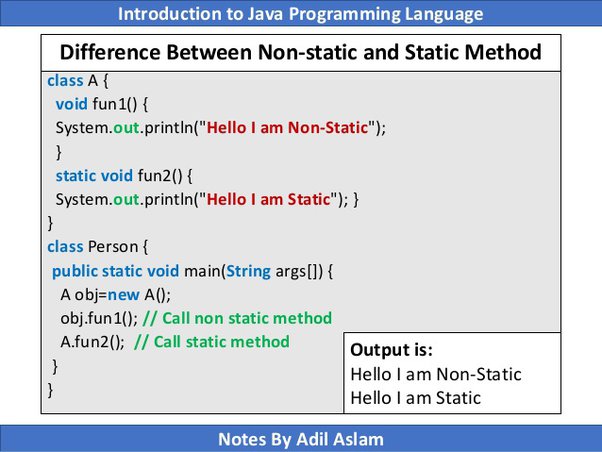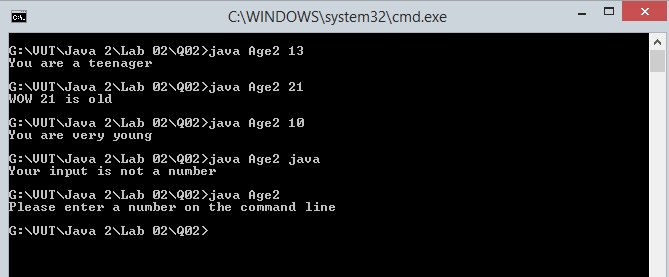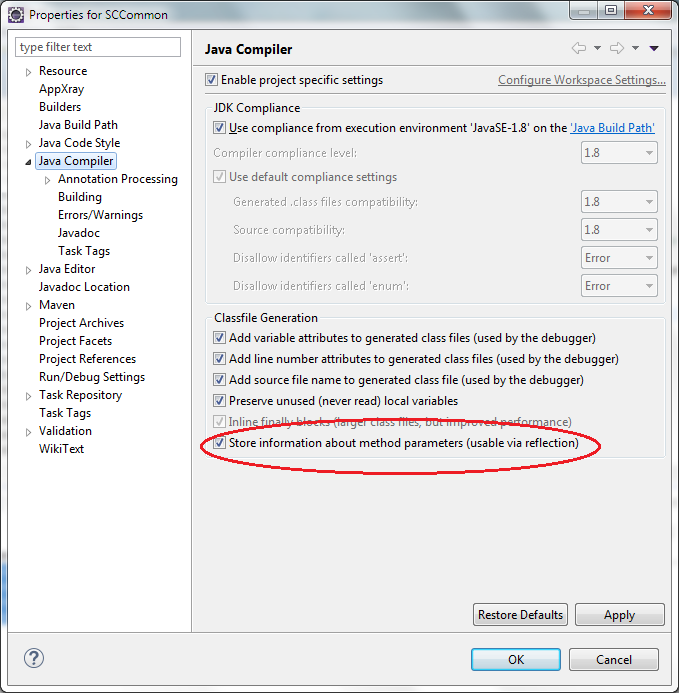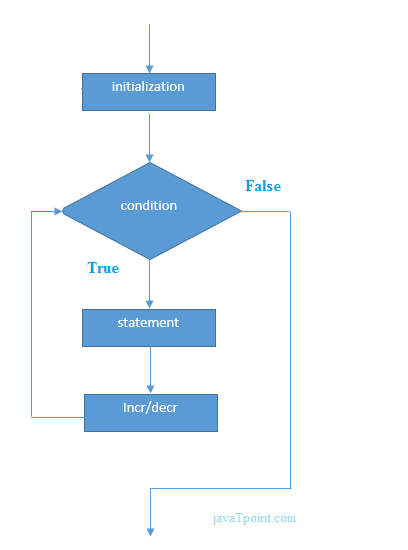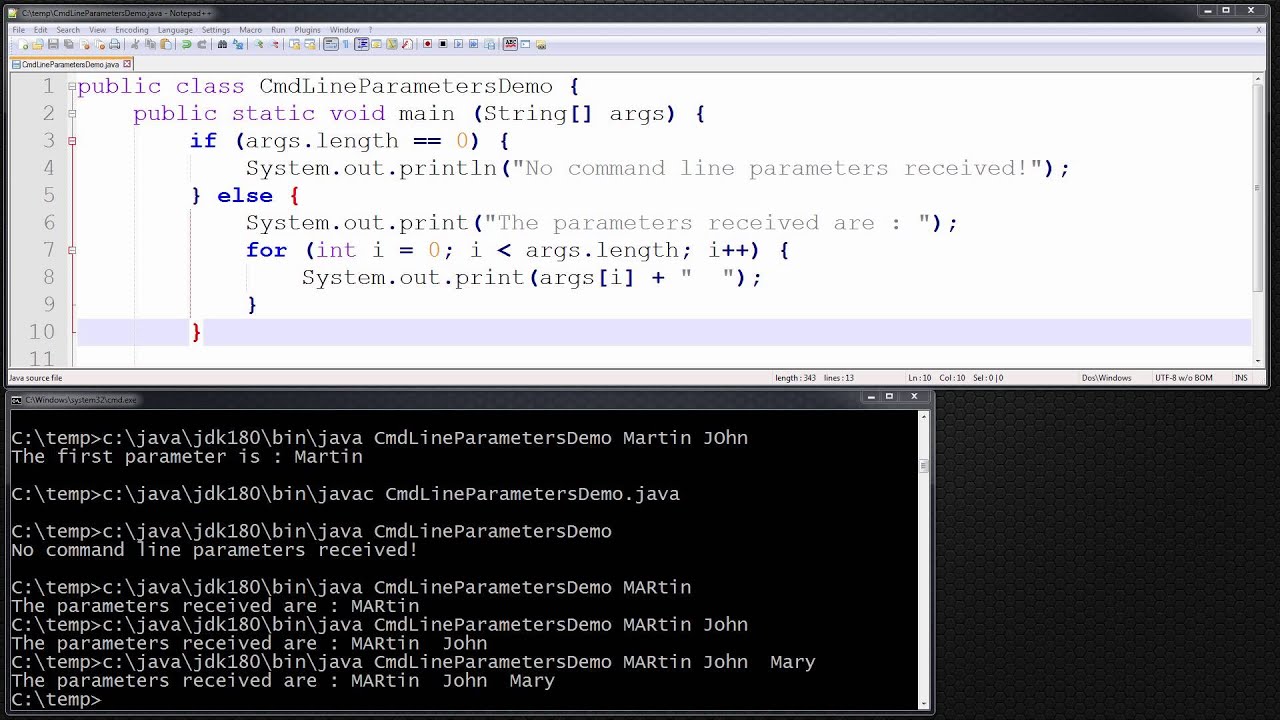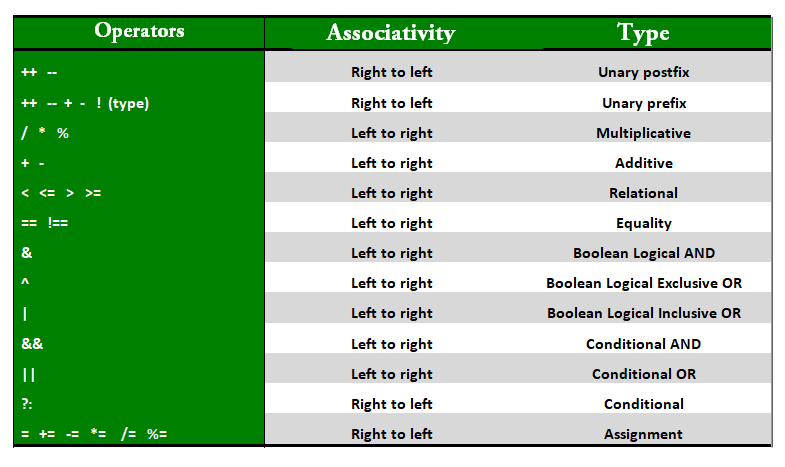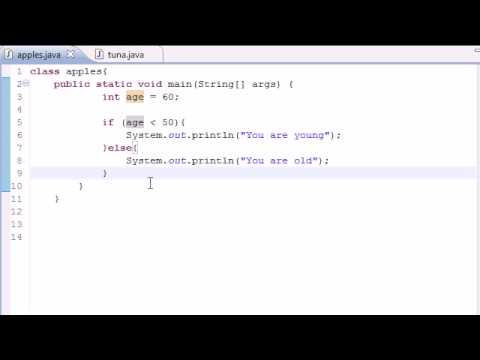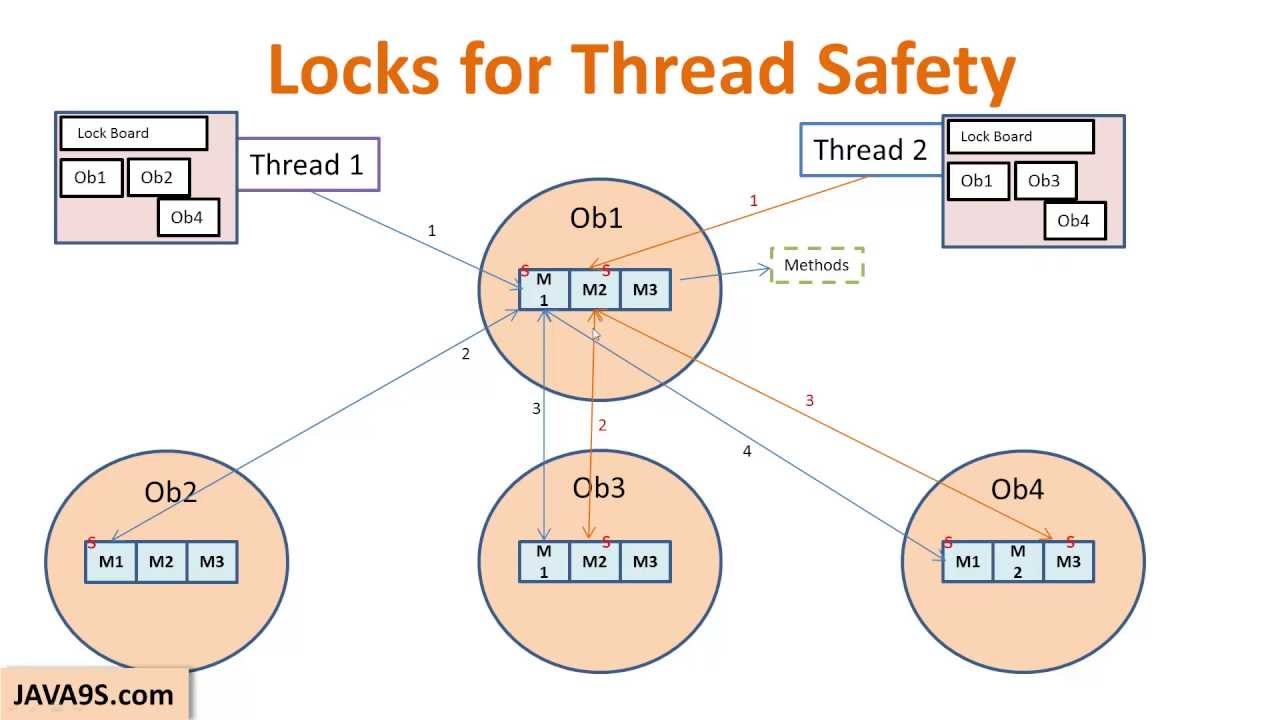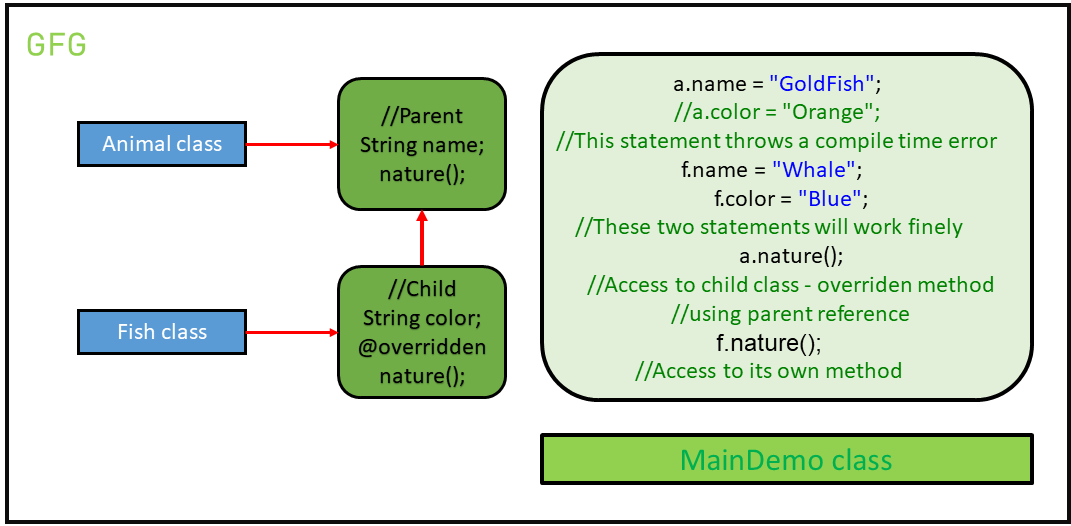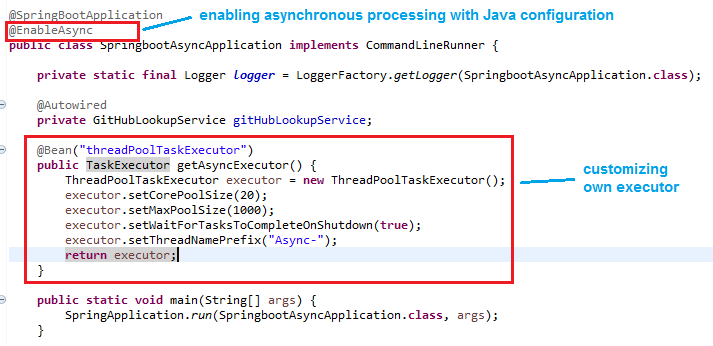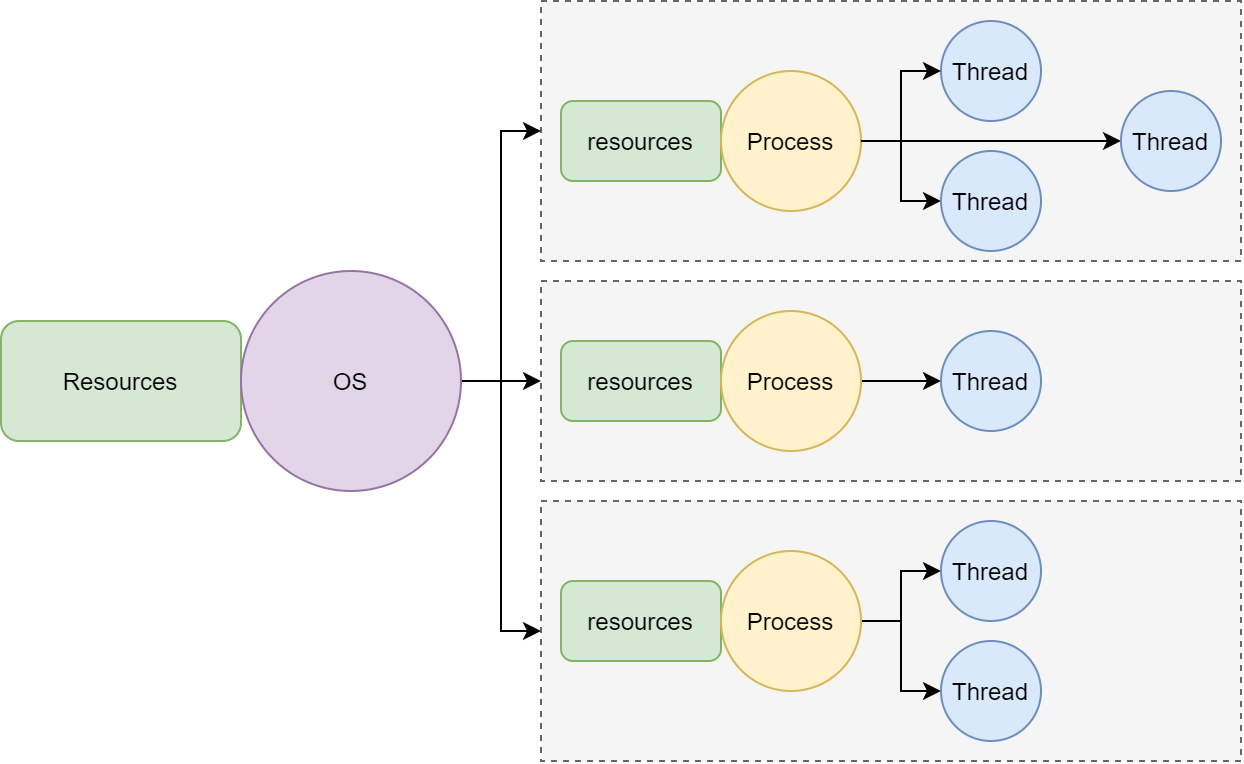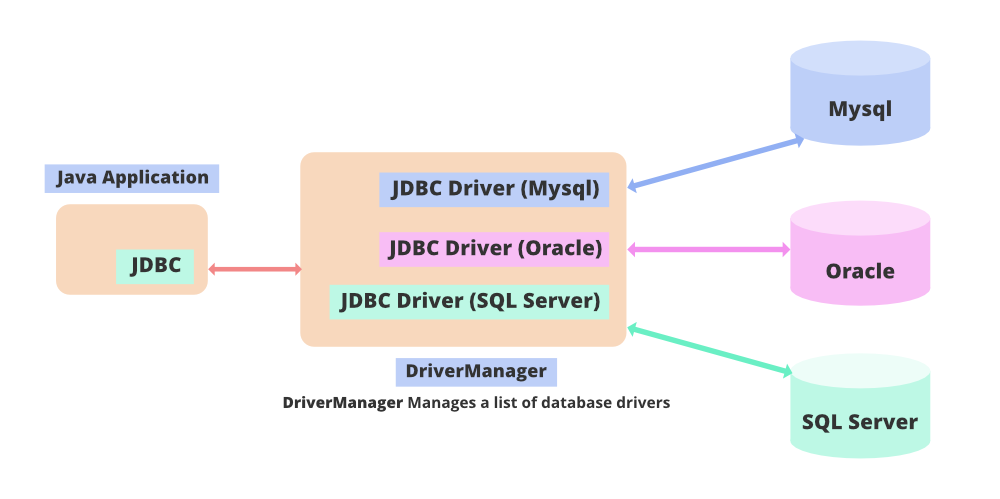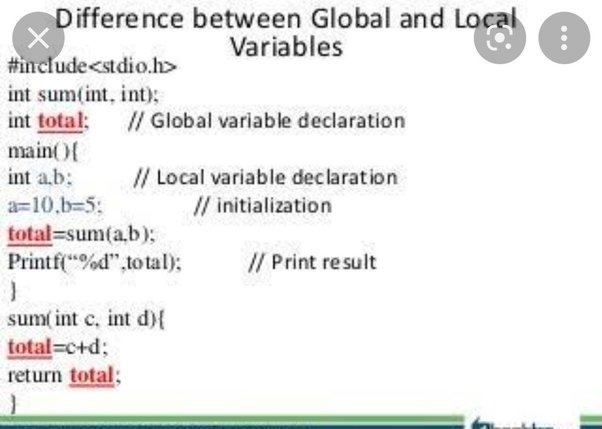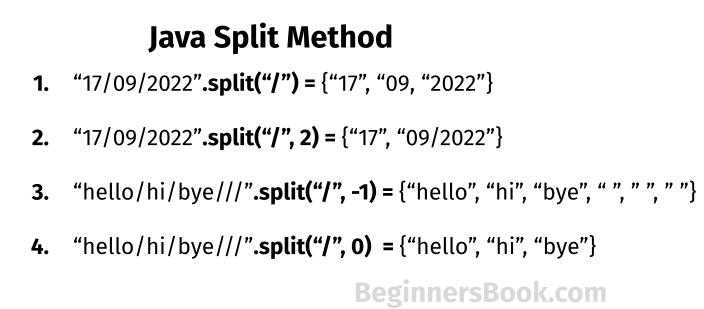Java URL add query parameter
Java URL add query parameter
I'd be happy to help!
Java provides a way to pass parameters to a URL using the ? character followed by the name-value pair of the parameter, separated by an equals sign (=). For example: http://example.com/path?param1=value1¶m2=value2.
To add query parameters in Java, you can use the UriBuilder class from the java.net.URI package. Here's an example:
import java.net.URI;
import java.net.URISyntaxException;
public class Main {
public static void main(String[] args) throws URISyntaxException {
String baseUrl = "http://example.com/path";
String param1 = "value1";
String param2 = "value2";
URI uri = new URI(baseUrl + "?" +
"param1=" + java.net.URLEncoder.encode(param1, "UTF-8") +
"&" + "param2=" + java.net.URLEncoder.encode(param2, "UTF-8"));
System.out.println(uri.toString());
}
}
In this example, we're creating a new URI object using the baseUrl and adding two query parameters: param1=value1 and param2=value2. We use the URLEncoder class to encode the parameter values so they can be safely included in the URL. The resulting URL would be http://example.com/path?param1=value1¶m2=value2.
Alternatively, you can use a library like Apache Commons HTTPClient or OkHttp to construct the URL and add query parameters.
If you're using Spring Framework, you can also use the UriComponentsBuilder class to construct the URL:
import org.springframework.web.util.UriComponentsBuilder;
public class Main {
public static void main(String[] args) {
String baseUrl = "http://example.com/path";
String param1 = "value1";
String param2 = "value2";
UriComponentsBuilder builder = UriComponentsBuilder.fromUriString(baseUrl)
.queryParam("param1", param1)
.queryParam("param2", param2);
URI uri = builder.build().toUri();
System.out.println(uri.toString());
}
}
In this example, we're using the UriComponentsBuilder class to construct a new URL and add two query parameters. The resulting URL would be http://example.com/path?param1=value1¶m2=value2.
Java parse URL query parameters

I'm happy to help!
Java has a built-in class called java.net.URL that can be used to parse URL query parameters. The process involves using the getQuery() method and then splitting the resulting string into key-value pairs.
Here's an example of how you can do this:
import java.net.URL;
import java.util.HashMap;
import java.util.Map;
public class Main {
public static void main(String[] args) throws Exception {
String url = "http://example.com/path?a=1&b=2&c=3";
URL uri = new URL(url);
Map<String, String> params = new HashMap<>();
String queryParam = uri.getQuery();
if (queryParam != null && !queryParam.isEmpty()) {
for (String pair : queryParam.split("&")) {
String[] keyValue = pair.split("=");
if (keyValue.length == 2) {
params.put(keyValue[0], keyValue[1]);
}
}
// Now you can access the query parameters
System.out.println("a: " + params.getOrDefault("a", "Not found"));
System.out.println("b: " + params.getOrDefault("b", "Not found"));
System.out.println("c: " + params.getOrDefault("c", "Not found"));
}
}
}
This code takes a URL like http://example.com/path?a=1&b=2&c=3 and splits it into key-value pairs. The result is stored in a Map<String, String> where the keys are the query parameters names and the values are their corresponding values.
You can access the query parameter values using the getOrDefault() method of the Map, providing a default value if the key does not exist in the map. For example, you can use this code to print out all the query parameters and their values:
System.out.println("Query Parameters:");
params.forEach((key, value) -> System.out.println(key + ": " + value));
You can also add more complexity to your parsing process by handling different types of query strings. For example, you could parse arrays or nested structures.
Here's an example of how you could handle array query parameters:
public class Main {
public static void main(String[] args) throws Exception {
String url = "http://example.com/path?a=1&a=2&b=3";
URL uri = new URL(url);
Map<String, List> params = new HashMap<>();
String queryParam = uri.getQuery();
if (queryParam != null && !queryParam.isEmpty()) {
for (String pair : queryParam.split("&")) {
String[] keyValue = pair.split("=");
if (keyValue.length == 2) {
String key = keyValue[0];
List values = params.computeIfAbsent(key, k -> new ArrayList<>());
values.add(keyValue[1]);
}
}
// Now you can access the query parameters
System.out.println("a: " + params.getOrDefault("a", Collections.emptyList()));
}
}
}
This code uses a Map<String, List<String>> where each key is a query parameter name and its value is a list of values. This allows you to handle array query parameters like a=1&a=2.
Remember that the above examples are just simple implementations and may not cover all possible cases or edge situations.
